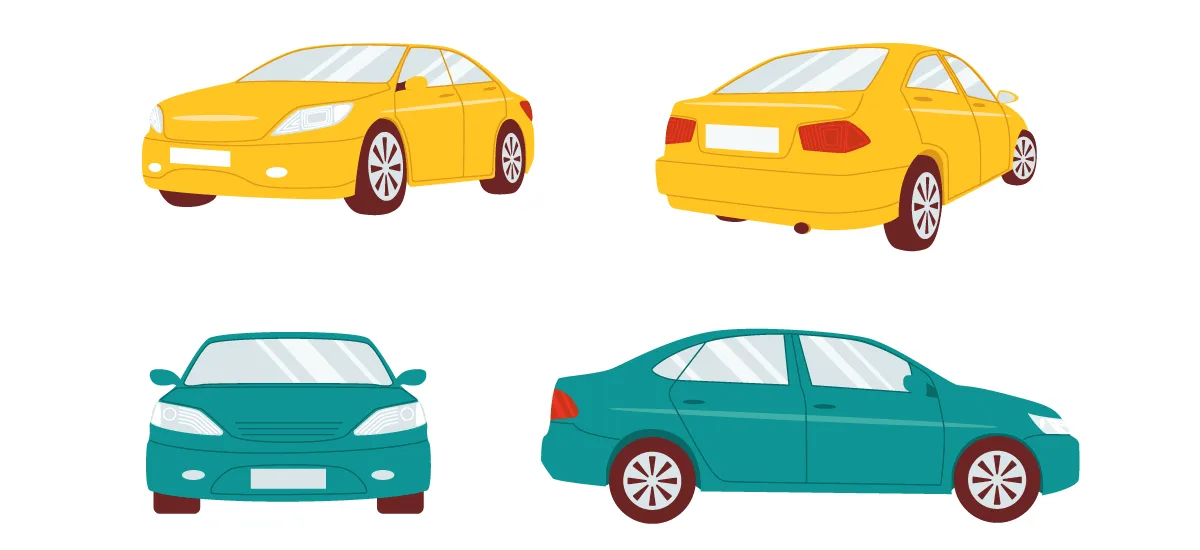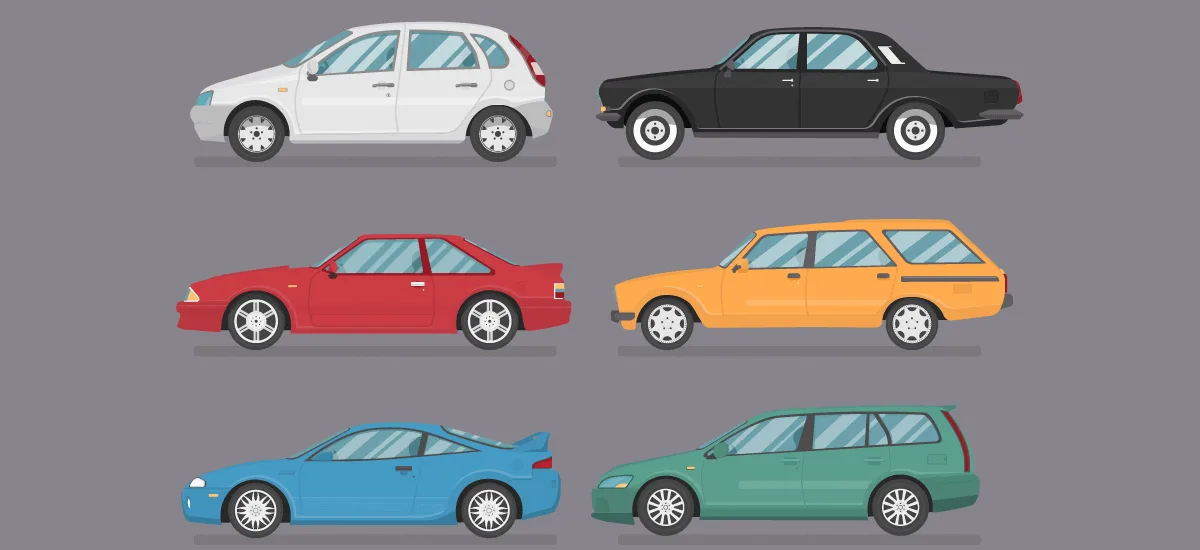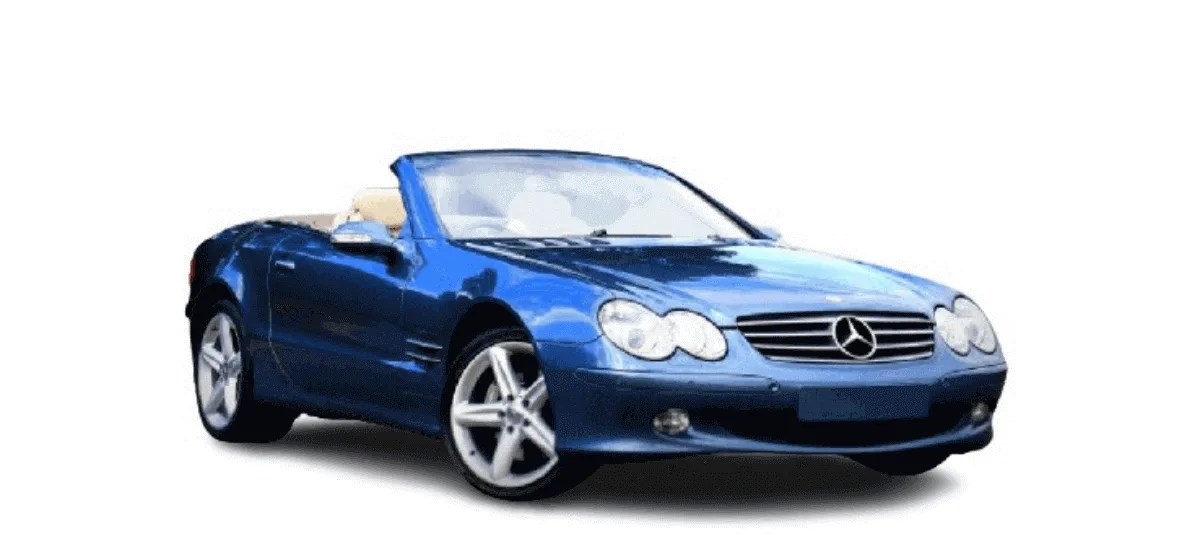
Medical payments coverage is an add-on to an auto insurance policy that covers expenses related to vehicular accidents. Also called “MedPay,” it covers you and any passengers in your vehicle, any pedestrians you may injure, and you—if you are riding as a passenger in another vehicle or are injured by a vehicle as a pedestrian, bike rider, or public transportation rider.
NOTE:
- Medical payments coverage (MedPay) is an add-on to auto insurance that covers expenses related to vehicular accidents.
- MedPay covers you and any passengers in your vehicle, any pedestrians you may injure, and you—if you are riding as a passenger in another vehicle or are injured by a vehicle as a pedestrian, bike rider, or public transportation rider.
- MedPay is supplemental to your health insurance; which one is primary coverage depends upon your health insurance policy.
Understanding MedPay
MedPay applies to a variety of expenses relating to injuries stemming from an automobile accident. It covers medical payments, such as health insurance deductibles and co-pays, visits to a doctor or hospital, X-rays and surgery, ambulance and emergency medical technician fees, rehabilitation and nursing care, and some medical equipment, such as prostheses. The coverage takes effect regardless of which driver is considered at fault for the accident.
Because MedPay also extends to pedestrians who might be injured in an accident, as well as the policyholder if hit as a pedestrian, it may be more useful in urban areas. This is because pedestrians are more likely to be injured while walking in an urban area than in a suburban or rural area, due to the greater incidence of foot traffic.
It is also useful in a situation in which you did not drive responsibly. Even if your auto insurance policy is a no-fault one, it does not cover you if you caused an accident due to alcohol or drug use. In such a case only MedPay would take care of your own medical expenses.
MedPay is supplemental to your regular health insurance, and rules and regulations vary by jurisdiction about which is the primary payer for various treatments and medical expenses. Look at your health insurance policy for the answer to this question.
Personal injury protection (PIP) is mandatory in states that require no-fault insurance and generally offers more generous coverage than MedPay.
MedPay vs. Personal Injury Protection (PIP) vs. Bodily Injury Liability Insurance
Personal injury protection (PIP) coverage is mandatory in states that require no-fault insurance and optional in others. MedPay is optional in all but a few states. PIP coverage applies to many of the same injuries and medical treatments that MedPay covers, and it often has higher limits and insures a wider range of issues relating to the accident. For example, it has medical payment provisions for psychiatric and rehabilitative care, plus lost wages, which MedPay does not.
Individuals purchasing auto insurance should consider whether they need MedPay and if they are required to have PIP coverage. In some situations having both can be advantageous. If you hit your PIP limit on medical bills, you would have to pay the rest out of pocket, and you might be able to use MedPay to help do that. Generally, PIP covers more than MedPay, and in some states you cannot have both at the same time.
Bodily injury liability insurance covers bodily injury to a person in another car in an accident in which you are at fault.
Unlike MedPay, which applies to injured persons in your own car, bodily injury liability insurance covers bodily injury to a person in another car in an accident in which you are at fault. It pays for such things as medical expenses; compensation for long-lasting physical pain and lost wages; legal fees; and funeral costs.
Example of MedPay
Tom lives in Florida, a no-fault state that requires a $10,000 minimum PIP insurance for vehicles. He is involved in an accident in which his car is totaled and the medical costs exceed $10,000. Tom is forced to pay the excess expenses out of his pocket. To avoid the recurrence of a similar situation in the future, Tom supplements his PIP insurance with MedPay to adequately cover future costs in case of an accident.







